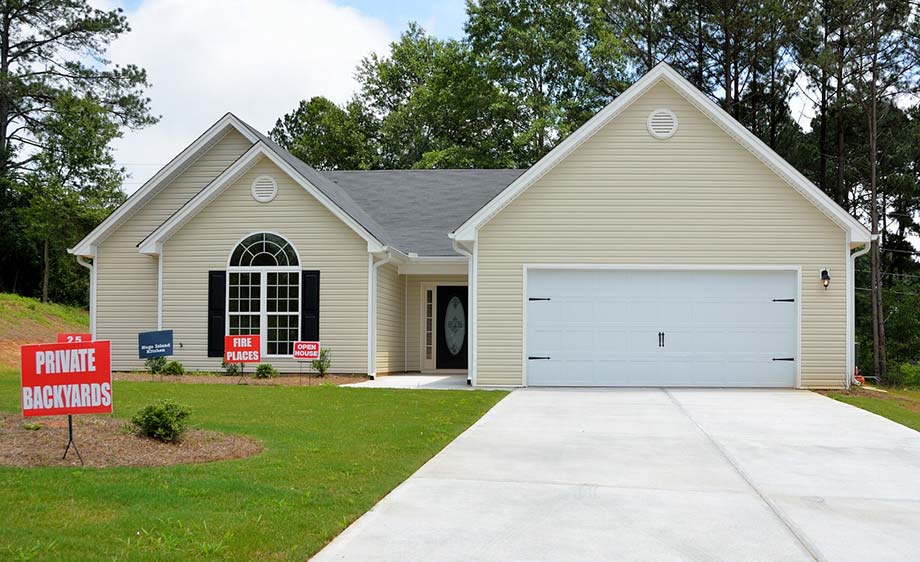Mistakes First-time Homeowners Make

Q: My husband and I have been renting an apartment since we got married. We recently decided to buy our first home. Some friends of ours had lots of trouble with the process, and wound up buying a house they can’t really afford. We don’t want to go through what they did. What can we do to buy our dream home without all that grief?
A: Buying a house is one of the biggest decisions you will ever make. It’s great that you and your husband are planning ahead for this important milestone. These are common mistakes that first-time homeowners make–and how to avoid them.
1. Not Knowing Your Housing Budget
The term “house poor” is an apt one for the many people who buy a house that is costing them more than their income allows. It’s uncomfortable to be in this situation, so you’ll want to avoid buying out of your financial comfort zone.
You sound like planners, so you probably already have a budget and some idea of your expenses for running your current household. Now is the time to review that budget. Some of your expenses are going to increase in a new home – utilities, for instance. If you’re moving from an apartment to a larger home, that can cost much more.
Some of the other budget items may change, too. Renter’s insurance and laundromat costs may drop off the list. Add up all your expenses, but leave out rent or mortgage payments. When you subtract the total of this list from your take-home pay, you will have a pretty good idea of how much you have left for mortgage payments. Find a mortgage calculator online and use it to calculate mortgage payments based on various interest rates. Generally, housing costs should be 30 percent or less of your before-tax income.
2. Looking Outside Your Housing Budget
There is nothing worse than finding your dream home only to realize that it’s way out of your reach. It’s a common mistake to look at properties that are too expensive for your budget. This tends to set you up for disappointment. Even if you manage to purchase the home, you may find yourself in the same situation as the friends you mentioned in your question: too much house and too little money.
After doing your research, you’ll know how much you can afford to spend on a new home. You can then pinpoint properties in your price range.
Most home purchases require compromise. Maybe you’ll decide on a smaller house in a neighborhood with the best schools in the city. If space is your highest priority, you might decide on a large house in a less-exclusive neighborhood. Every house has some advantages and disadvantages, but keep your search within your financial comfort zone.
3. Purchasing Based on Future Changes
If you are having trouble finding a house in your price range, consider ways to reduce your current expenses. This will mean having more money available to make a larger monthly mortgage payment. The mistake some people make is assuming they can make these changes once they own a house. However, these budget changes should be in place before you buy a house, even if it means delaying the purchase. Give yourself at least six months to see if you can stick to your new budget.
4. Treating Your Home as an Investment
First-time buyers often expect that they will be able to sell their house in five or 10 years for a large profit. The last decade has brought major changes to every housing market. While a house in certain areas was almost guaranteed to appreciate in value, this is no longer a sure thing.
Economics professor Art Carden, from the Brock School of Business, has this advice, “Buy a house to live in and be prepared for lots of unseen upkeep costs that range from mowing the lawn to emergency repairs.”
